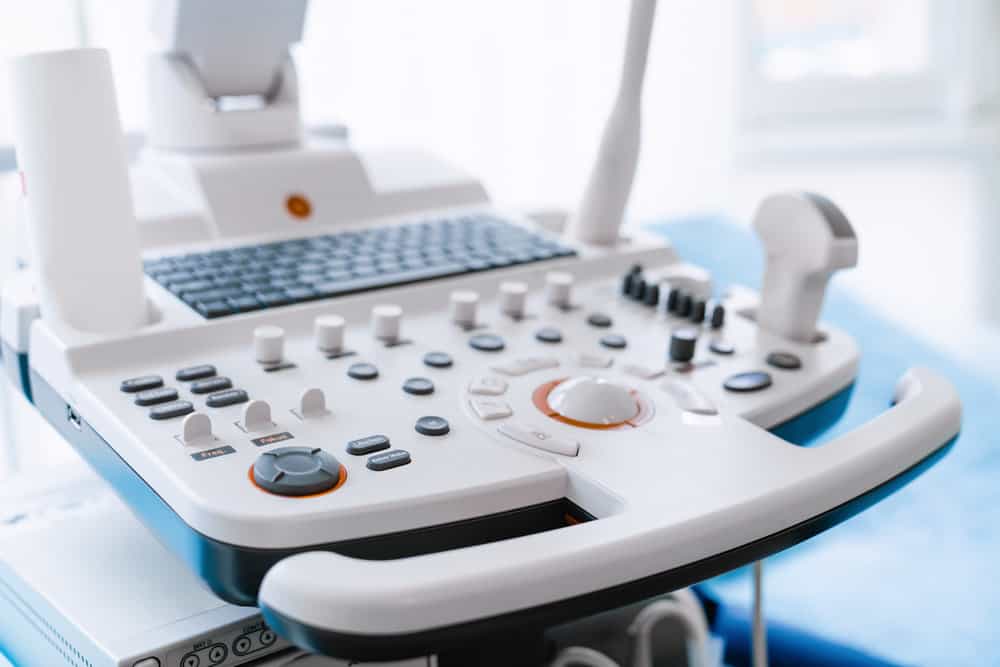When my German Shepherd gave birth, I expected no more than four or five pups.
That seems to be about the average size of a standard litter, and my pup didn't look particularly big during pregnancy.
Imagine my surprise when out came not five or even six, but nine puppies!
That made me wonder: how many puppies can a German Shepherd have? Is my sweetheart a special case, birthing nine whole puppies, or is it normal for this breed?
After much research, I found that German Shepherds can actually give birth to up to 15 puppies. Yes, you read that right—15. If that isn't jaw-dropping, I don't know what is!
On Average, How Many Puppies Can a German Shepherd Give Birth to?

German Shepherds are a large breed, so larger litters are often expected. Though most dog breeds give birth to 5 to 6 puppies, the average litter size of a German Shepherd is 8.
The largest known German Shepherd litter was 17, birthed in 2015 by a white long-haired German Shephard named Mosha in Indiana.
Several years later, in 2022, another German Shepherd birthed a whopping 16 puppies—the largest litter the Leamington Spa Charity has ever seen in its 60 years of breeding dogs.
If you have a healthy pregnant German Shepherd, expect her to give birth to at least 5 puppies. A smaller litter is possible, but that’s few and far between.
Helpful Dog Training Resource:
For help with training your dog, you should take a look at The Online Dog Trainer by Doggy Dan. Doggy Dan is an expert Dog Trainer based in New Zealand. His online resource contains Hundreds of Excellent Dog Training Videos that will take you step-by-step through the process of developing a healthy, happy well-behaved dog.
How Many Times Can a German Shepherd Get Pregnant in One Year?
In a year, a healthy German Shepherd can get pregnant twice a year.
Unlike smaller breeds, German Shepherds can go into heat once every six or so months. It's during this time that they can get pregnant.
A normal heat cycle lasts between two to four weeks long on average.
So, if you don't want your beloved German Shepherd to return home pregnant, make sure she's kept away from other dogs during this period.
You can take her outside to play, as long as it's in a secure enclosure (like your backyard).
What Determines a German Shepherd’s Litter Size?
Apart from the breed itself, there are a ton of factors that affect a German Shepherd's litter size. You can use these factors to predict approximately how many puppies your German Shepherd will give birth to when the time comes.
Size

It goes without saying that the larger your German Shepherd, the larger her potential litter. This is because biologically, larger dogs can safely carry more babies.
Health
Unhealthy German Shepherds don't produce as many puppies as healthy German Shepherds.
Puppies can either stop growing during the developmental stage or be reabsorbed by the mother's body. Some of the puppies may also be miscarried.
The same is said with German Shepherds with underlying health conditions like diabetes or obesity.
Both parents need to be in excellent health to maximize the litter count. If at least one of the parents isn’t healthy, it'll inevitably lead to a smaller puppy count.
Age
The age of both parents also affects the size of the litter, with the female's age more important than the male's age.
German Shepherds under the age of 7 produce larger litters than German Shepherds over the same age.
Additionally, German Shepherds bred after the age of 5 may have smaller litters in the future, as opposed to those bred earlier than 5.
No matter the age, the first litter will be smaller than the upcoming litter.
As for the stud, the older the male gets, the fewer his sperm count.
Larger litters will likely occur if the male is under the age of 5 when bred with a female.
Heritability
Dogs tend to inherit their mother's litter size potential, so long as they're healthy.
If you've purchased your German Shepherd from a reputable breeder, you can contact the breeder and ask them how many litters your pup's mother would produce on average.
Nutrition
Nutrition is a major factor in determining a dog's litter size and health. This is why numerous nutritional guidelines for pregnant dogs exist.
Poorly fed pregnant dogs don't have the required nutritional support to produce a large litter. Therefore, providing high-quality food throughout the pregnancy is crucial.
Pregnant dogs have different nutritional requirements than non-pregnant dogs.
They require a diet that consists of at least 29% protein, 17% fat, and about 1600 kcal of digestible energy per pound of food.
They also need high amounts of soluble carbohydrates, as well as calcium and phosphorous for puppy bone formation and nursing.
Pregnant dogs that are fed a balanced diet without supplements produce the largest litter. High doses of supplements may kill developing puppies, reducing the litter size.
Helpful Dog Health Resource:
Note: Our Health is #1 Priority. It should be no different for your dog. But you need to help him. The Ultimate Guide to Dog Health is the answer. This handy guide will help you recognize the symptoms of the health problems above. Get the knowledge to stay ahead of these terrible issues that can rob your lovely dog from vigor and life. Help your friend make it to 14 yrs+ without pain and suffering.
Is There a Way to Tell How Many Puppies a German Shepherd Will Have?
Like humans, the most reliable way to tell how many puppies a German Shepherd is having is through ultrasound examination.

The veterinarian can scan your pregnant dog's belly and generate images of her uterus. Through this, you can count how many puppies your German Shepherd will likely have.
That said, the images aren't usually of the highest quality.
The ultrasound might fool you into thinking there's only one puppy when there's actually two or even three.
And since puppies tend to huddle up together, you might also mistake two puppies with one big puppy.
As such, take the images with a grain of salt.
Ultrasound examinations are usually done at around 45 days of gestation. It's during this time that puppies' bones have developed and calcified, allowing you to see their shapes on screen.
How Long Is a German Shepherd's Gestation Period?
Different dog breeds have different gestation periods.
Some give birth after only 60 days, while others give birth after 80 days. Some even surpass the 90-day threshold, like Dalmatians.
German Shepherds fall in the 60-day category.
On average, German Shepherds give birth after approximately nine weeks or roughly 58 to 68 days.
Veterinarians can predict your dog's due date with an ultrasound scan, so you can prepare weeks beforehand.
If your German Shepherd's gestation period lasts longer than the predicted due date, contact your veterinarian immediately to avoid future complications.

Paul has been creating content for the dog niche for many years. The information he shares comes his first hand experience growing up in dog lovers household and then owning multiple dog breeds of his own as an adult. Paul enjoys doing the hard research to collect, analyze and present our dogtemperament.com readers with the best answers to their questions.